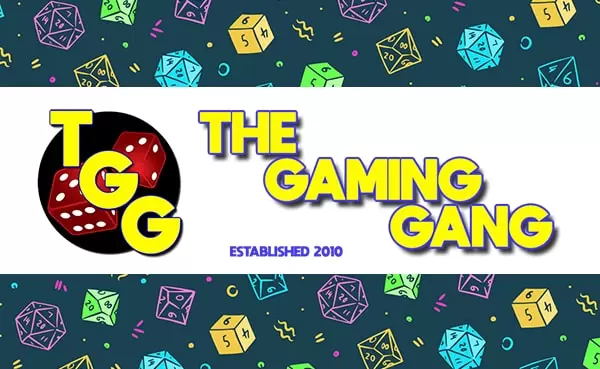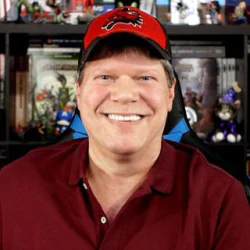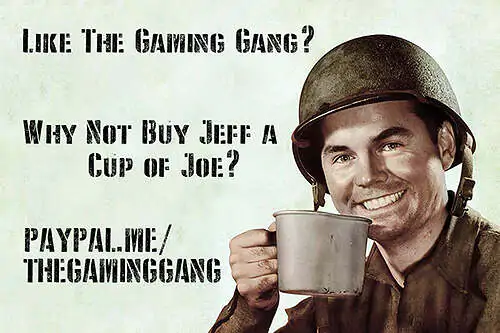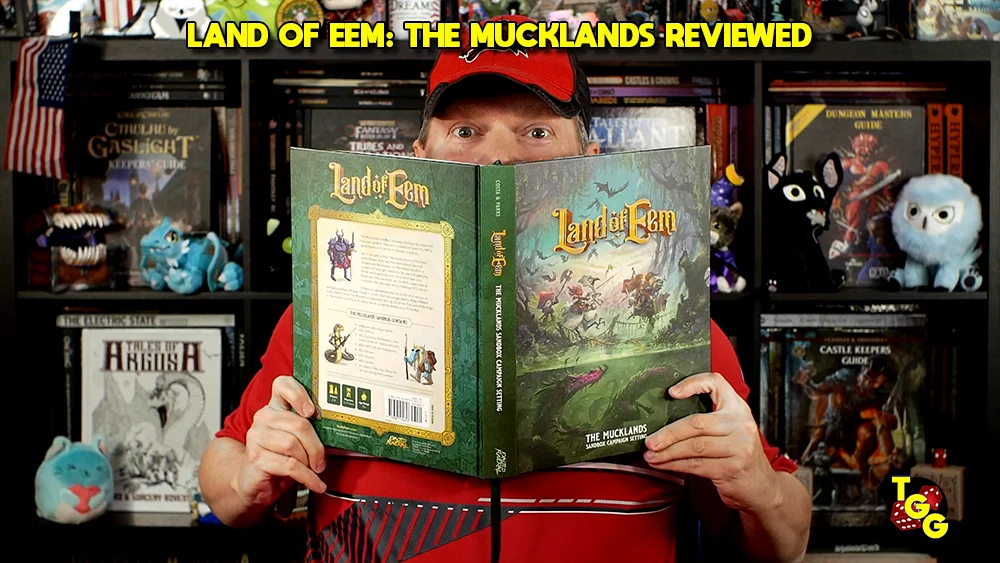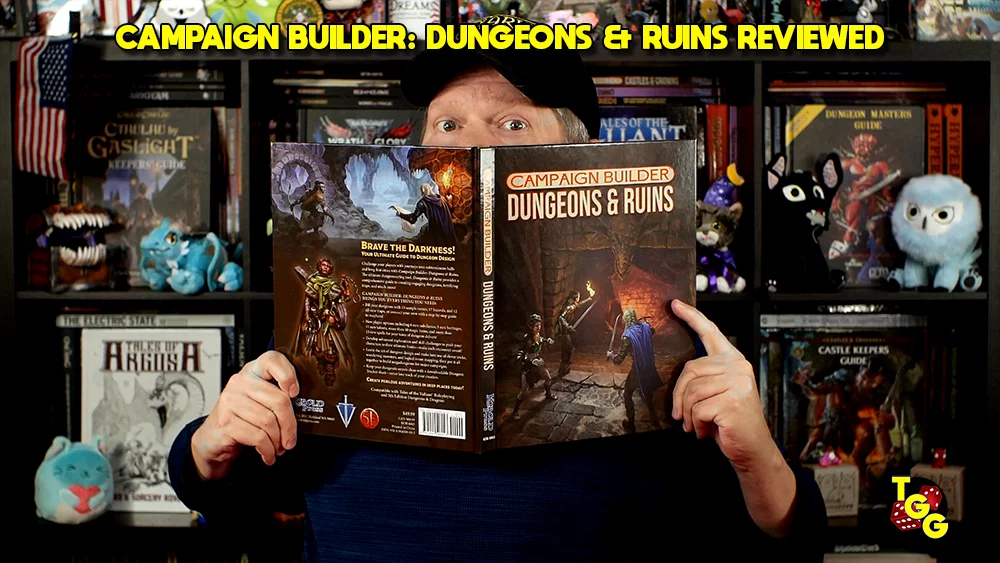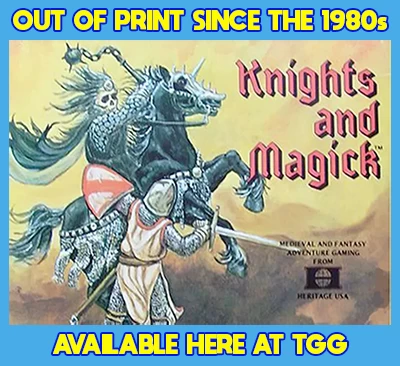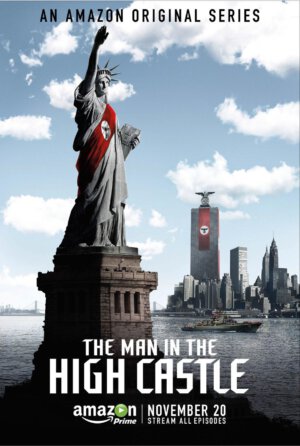
Production Companies: Amazon Studios, Electric Shepherd Productions, Headline Pictures, Picrow, and Scott Free Productions
Writers: Philip K. Dick, Frank Spotnitz, and Emma Frost
Released: 2015
Rated: TV – M (for graphic violence, strong language, and brief nudity)
Genre: Alternate history series
Runtime: Ten 55-60 minute episodes streaming on Amazon Prime
Cast: Alexa Davalos, Rupert Evans, Luke Kleintank, Rufus Sewell, Cary-Hiroyuki Tagawa, DJ Qualls, and Joel de la Fuente
This past Friday subscribers to both Netflix and Amazon Prime had a bit of a dilemma on their hands. Netflix launched the highly anticipated Jessica Jones (our review is here) while Amazon unleashed the equally hype worthy The Man in the High Castle so viewers needed to decide which to binge watch first. I chose the Amazon offering and you can look forward to the Netflix series review shortly.
The Man in the High Castle is loosely based on the classic Philip K. Dick novel of the same name. It’s an alternate history tale in which the Allies lost WWII and the United States has been partitioned between the two main Axis adversaries: Nazi Germany and Imperial Japan. Germany controls the Midwest and everything east while Japan rules over the west coast. A lawless demilitarized zone, known in the novel as the Rocky Mountain States and in the series as simply the Neutral Zone, provides a buffer between the two conquerors as both have descended into a Cold War of sorts.
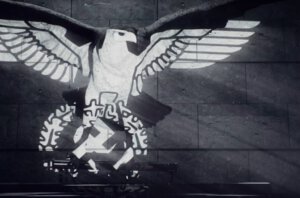
How would the United States look under the twin heels of fascism and imperialism? Who would trade the American ideals of life, liberty, and the pursuit of happiness if it meant safety and security that carries the price of supplication under tyranny? Is history set in stone even if the participants and particulars aren’t the same? Amazon’s series not only asks these questions of itself but nearly demands the viewer to ask these questions of our current world around us.
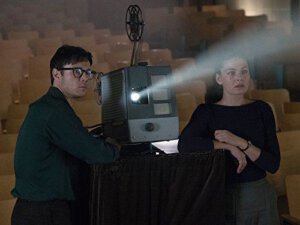
The series mainly focuses on three primary characters: Juliana Crane (Alexa Davalos), Frank Frink (Rupert Evans), and Joe Blake (Luke Kleintank). I like to keep my reviews as spoiler free as possible – otherwise why would you want to watch in the first place – so I won’t delve into the character dynamics of the trio but suffice to say the actors do fine work with what they’re given. Dick was never known for his character development in the first place but thankfully our main protagonists aren’t completely one dimensional, although it’s Evans’ character that is the most multifaceted of the three.
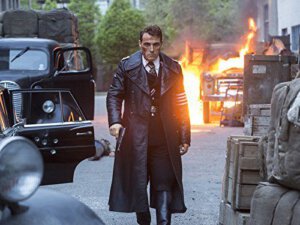
I did mention the series drags and sorry to say it’s early in the proceedings. Whereas the pilot draws you in and the second episode raises the stakes, the third and fourth episodes are no doubt the weakest. Here we find Julianna and Joe in the Neutral Zone and the show feels like it’s just spinning its wheels at this point. I found myself hoping for the action to switch back to the secondary characters in New York or San Francisco and that’s usually not a good thing. Luckily, the series recovers and by the time the fifth episode credits run you’ll be chomping at the bit to watch what comes next. The final four episodes are excellent and will certainly lead to some serious binge watching!
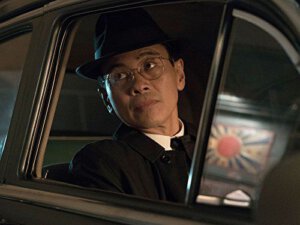
I can certainly empathize why some people would take a complete pass on watching.
Yet I was engrossed by The Man in the High Castle on a lot of different levels. I’m a big history buff and I found the series to be a fascinating example of well thought out and believable world building. I also found myself wondering not only about the fictional setting of the story but the state of America today. Even days after watching the final episode, I’m still amazed by the number of questions I find bouncing around. I can’t say what questions might pop into anyone else’s head – I think that has more to do with the individual watching – but I can certainly say this is a series which demands the viewer to think.
And isn’t that what the best of science fiction is all about?
- Save on the Defiant Urban Fantasy RPG through Bundle of Holding - Apr 28, 2025
- Pathfinder: Thirst for Blood Reviewed - Apr 28, 2025
- The Old Margreve for Tales of the Valiant Reviewed - Apr 27, 2025
